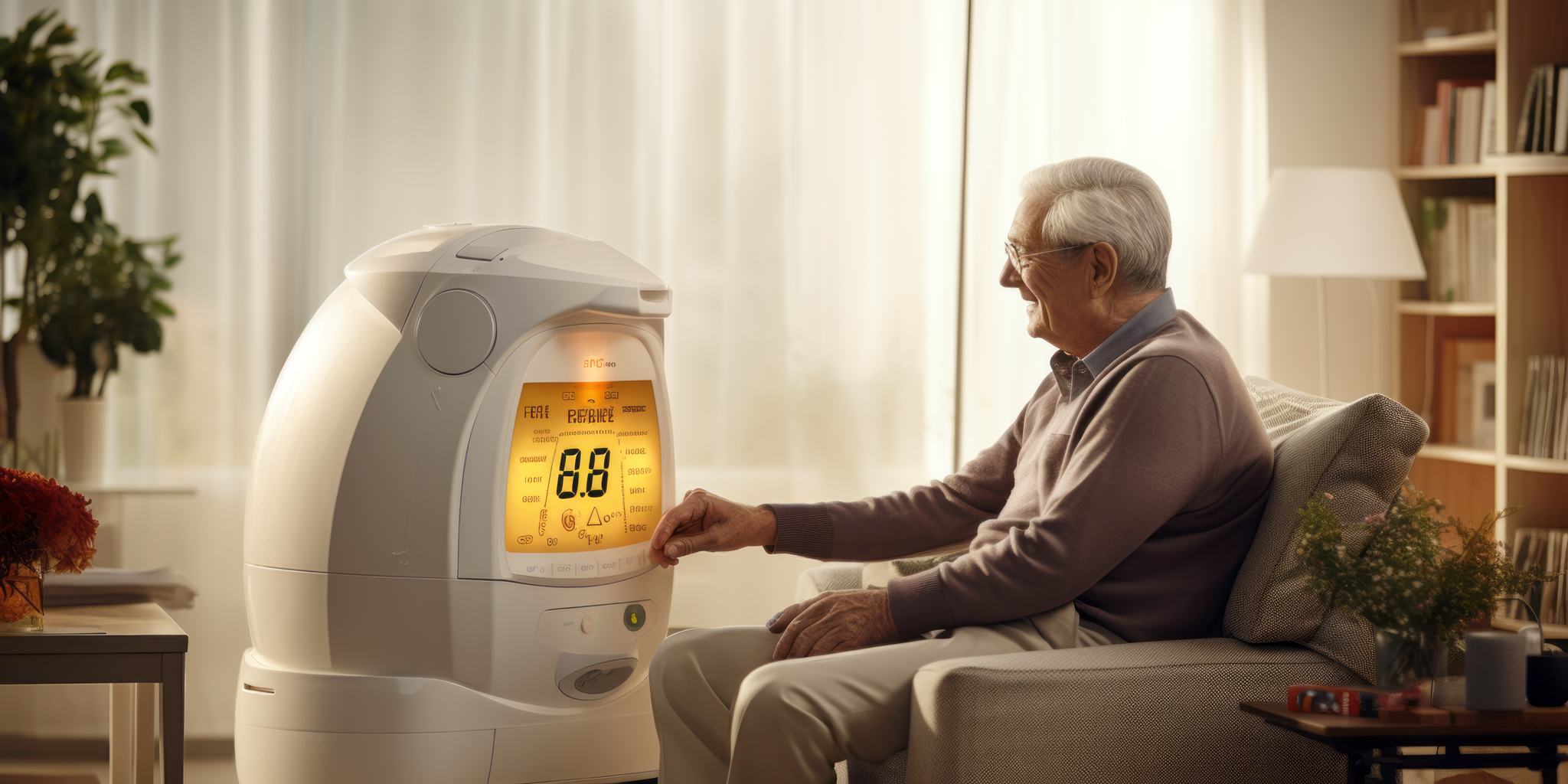Robotics can already improve working conditions in industry, the service sector, medicine and care, increase added value and support people overall. Thanks to growing technical capabilities, conventional robots are becoming increasingly precise, flexible and autonomous. However, whenever humans and machines cooperate, social intelligence and communication and interaction adapted to the situation are the prerequisites for efficient and accepted cooperation. Social robotics therefore represents the next evolutionary stage.
Research alliance for the next evolutionary stage of robotics
In order for humans and robots to work together effectively in flexible teams and in real-life scenarios, the socially appropriate behaviour of robots must be adapted for a wide range of complex application scenarios - which is not only a technical challenge due to the inherent complexity of social interaction and communication, but is currently also very costly.
This is where the FORSocialRobots research network comes in. The joint project involving scientific and industrial partners is developing new scientific and technical foundations so that social robotics and new robot applications can be implemented in six fields of application relevant to society in a short space of time (inspection, logistics, production, service, retirement home and dementia centre).
